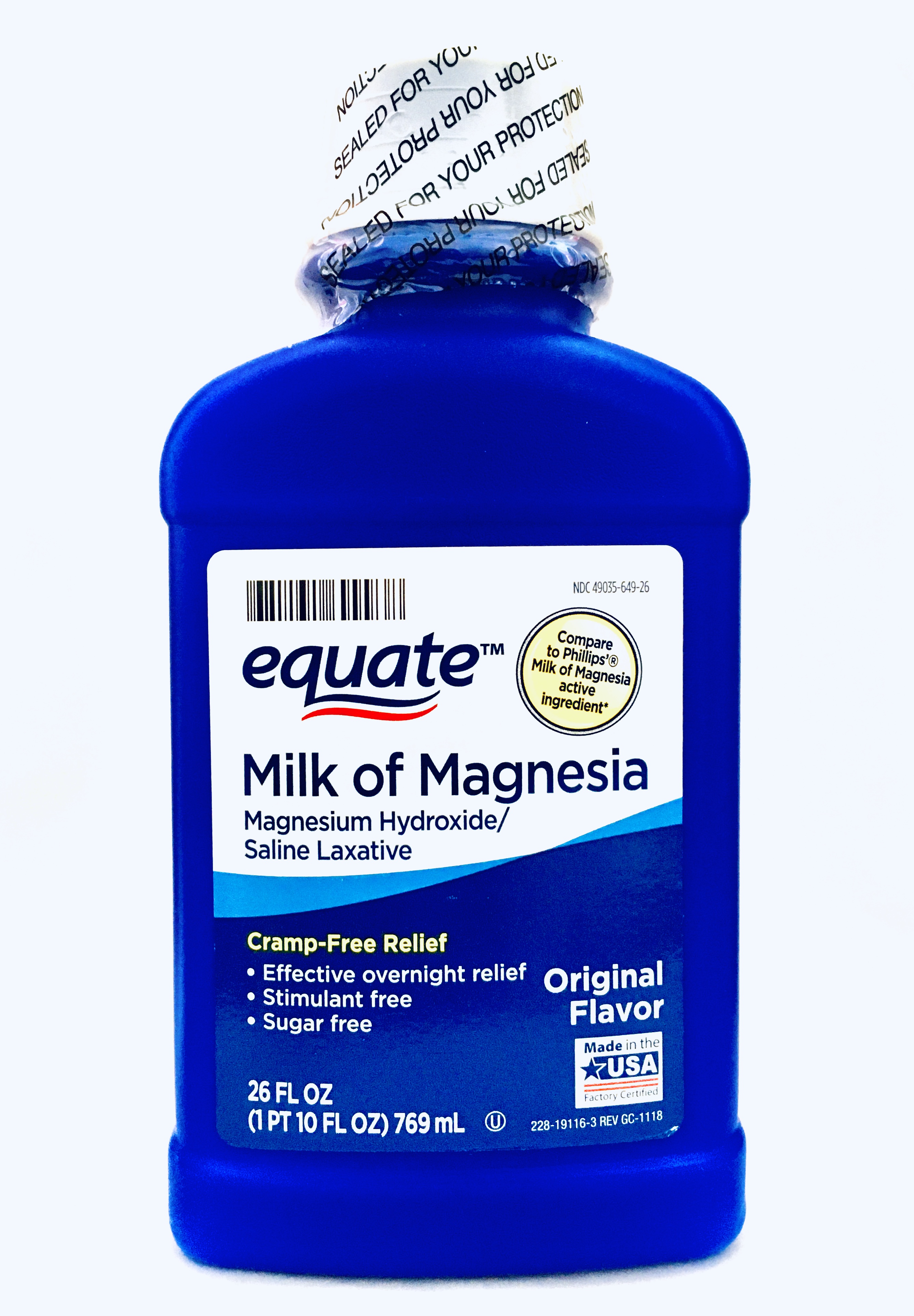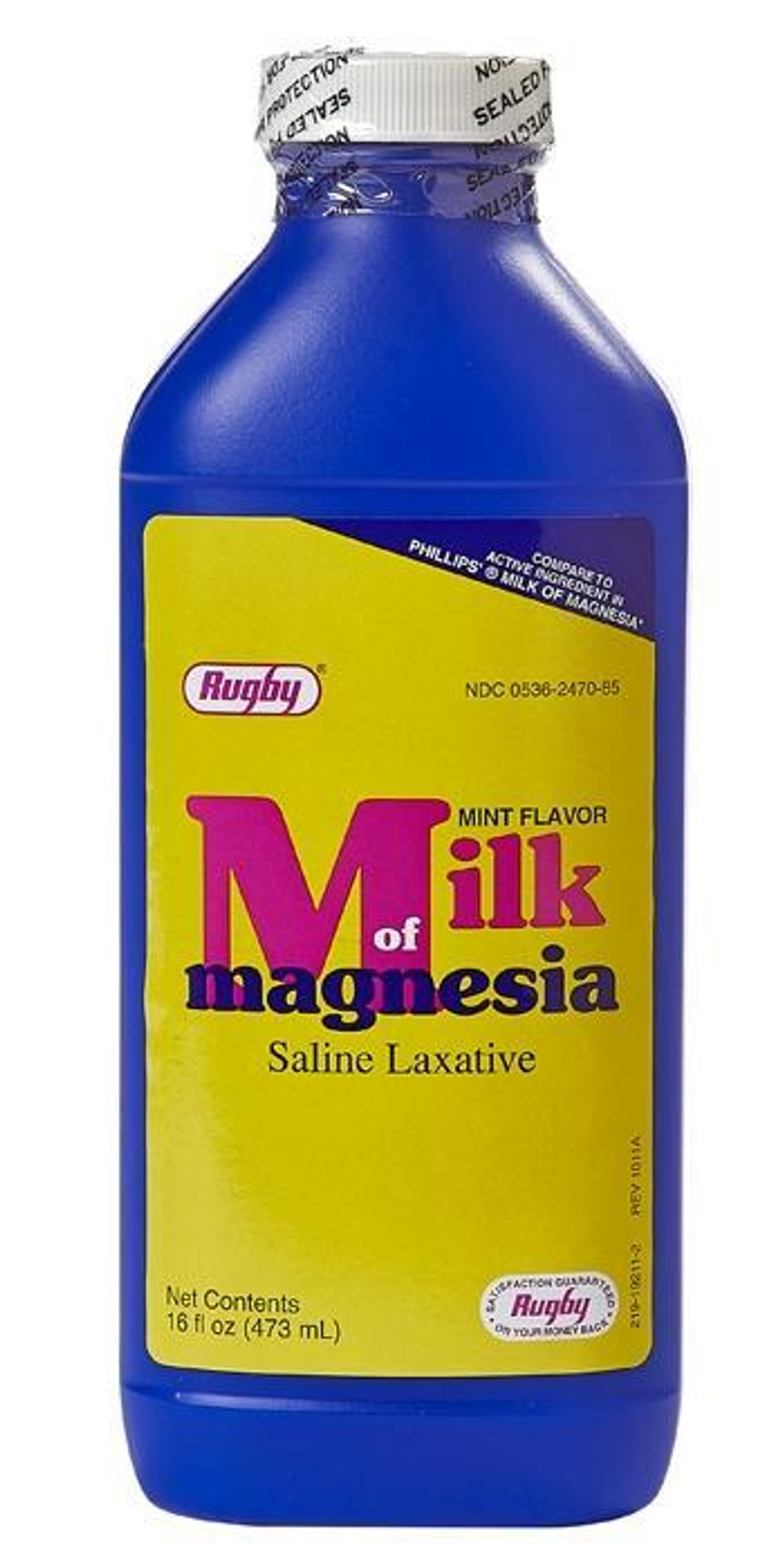Milk of Magnesia for Dogs: The Definitive Guide
Is your furry friend experiencing constipation or occasional tummy troubles? As a responsible pet parent, you’re constantly searching for safe and effective solutions. You may have heard whispers about using Milk of Magnesia for dogs, but is it truly a viable option? This comprehensive guide delves into everything you need to know about using Milk of Magnesia for your canine companion, covering its benefits, potential risks, proper dosage, and alternatives. We’ll equip you with the knowledge to make informed decisions and prioritize your dog’s well-being.
Understanding Milk of Magnesia: What is it and How Does it Work?
Milk of Magnesia (MoM) is a common over-the-counter medication primarily used as a laxative. It contains magnesium hydroxide, which works by:
- Drawing water into the intestines: This softens the stool, making it easier to pass.
- Increasing intestinal motility: Magnesium hydroxide helps stimulate the muscles in the intestines, promoting bowel movements.
- Neutralizing stomach acid: While primarily used as a laxative, MoM also has antacid properties, which can help alleviate mild indigestion.
Is Milk of Magnesia Safe for Dogs? Weighing the Pros and Cons
While Milk of Magnesia can be effective for certain canine digestive issues, it’s crucial to understand the potential risks and benefits.
Potential Benefits:
- Relief from Constipation: The primary use is to soften stools and facilitate bowel movements.
- Treatment of Mild Indigestion: The antacid properties can provide relief from occasional upset stomachs.
- Readily Available and Affordable: MoM is easily accessible at most pharmacies and grocery stores.
Potential Risks and Considerations:
- Overdose: Administering too much MoM can lead to diarrhea, dehydration, and electrolyte imbalances.
- Side Effects: Common side effects can include nausea, vomiting, and abdominal cramping.
- Not a Long-Term Solution: MoM should not be used as a long-term solution for chronic digestive problems. Persistent issues require veterinary diagnosis and treatment.
- Interactions: Milk of Magnesia can interact with certain medications. Always consult your veterinarian before administering it, especially if your dog is on other medications.
- Underlying Conditions: MoM is not suitable for dogs with kidney disease or certain other health conditions.
Important Note: Always consult your veterinarian before administering Milk of Magnesia to your dog. They can assess your dog’s specific needs and medical history, ensuring it’s a safe and appropriate treatment.
Dosage and Administration: How to Give Milk of Magnesia to Your Dog
Never administer Milk of Magnesia without first consulting your veterinarian. They will be able to determine the appropriate dosage based on your dog’s weight, breed, and the severity of their condition.
- General Guidelines (Always Confirm with Your Vet): A typical starting dose is often around 0.5 to 1 ml per pound of body weight.
- Administration Method: Milk of Magnesia is typically administered orally. You can use a syringe (without a needle) or mix it with a small amount of palatable food, like wet food or plain yogurt, to make it easier for your dog to take.
- Monitoring: Closely monitor your dog for any adverse reactions, such as excessive diarrhea, vomiting, or lethargy.
- Frequency: Do not administer more than once per day unless directed by your veterinarian.
Alternative Solutions for Canine Digestive Issues
If your dog is experiencing digestive problems, several alternative solutions may be more appropriate or safer than Milk of Magnesia.
- High-Fiber Diet: Adding fiber-rich foods like pumpkin puree (plain, not pie filling), cooked sweet potatoes, or bran to your dog’s diet can help regulate bowel movements.
- Probiotics: Probiotics can support a healthy gut microbiome, aiding digestion and reducing the risk of digestive upset. Consult your vet for appropriate probiotic supplements.
- Increased Water Intake: Ensuring your dog has access to fresh, clean water at all times is crucial for proper digestion and overall health.
- Prescription Medications: Your veterinarian may prescribe medication to address the underlying cause of your dog’s digestive issues, such as anti-diarrheal medication or medications to treat inflammatory bowel disease (IBD).
- Dietary Changes: In some cases, your vet may recommend a special diet, such as a hydrolyzed protein diet, to treat allergies or sensitivities.
When to Seek Veterinary Attention
While Milk of Magnesia might offer temporary relief, it’s essential to recognize when your dog’s digestive issues require professional veterinary care. Seek immediate veterinary attention if your dog exhibits any of the following symptoms:
- Severe vomiting or diarrhea: Especially if it contains blood.
- Lethargy or weakness:
- Loss of appetite:
- Abdominal pain or bloating:
- Changes in urination:
- Seizures:
These symptoms could indicate a more serious underlying health problem that requires prompt diagnosis and treatment.
FAQs About Milk of Magnesia for Dogs
1. Can I give my dog Milk of Magnesia for constipation?
Yes, under the guidance of your veterinarian. Milk of Magnesia can be used to relieve constipation in dogs, but it’s crucial to consult your vet for the correct dosage and to rule out any underlying health concerns.
2. What are the side effects of Milk of Magnesia in dogs?
Common side effects include diarrhea, vomiting, nausea, and abdominal cramping. Overdosing can lead to dehydration and electrolyte imbalances.
3. How long does Milk of Magnesia take to work in dogs?
Typically, Milk of Magnesia takes effect within 30 minutes to 6 hours after administration, depending on the individual dog and the severity of the constipation.
4. Can I use human Milk of Magnesia for my dog?
Yes, human Milk of Magnesia is generally the same formula as the veterinary version. However, always confirm the dosage with your veterinarian before administering it.
5. What if Milk of Magnesia doesn’t work for my dog?
If Milk of Magnesia doesn’t provide relief, or if your dog’s condition worsens, contact your veterinarian immediately. They can assess the situation and recommend alternative treatments or further diagnostic testing.
Conclusion: Making Informed Decisions for Your Dog’s Health
Milk of Magnesia can be a potential remedy for mild constipation in dogs, but it is not a one-size-fits-all solution. It’s essential to consult your veterinarian before administering this medication to ensure its safety and effectiveness for your dog. By understanding the benefits, risks, proper dosage, and alternatives, you can make informed decisions and prioritize your furry friend’s well-being. Always remember that a proactive approach to your dog’s health, including regular veterinary checkups and a balanced diet, is the best way to ensure their long-term health and happiness.




